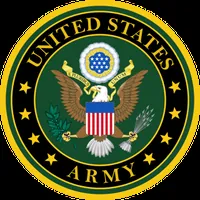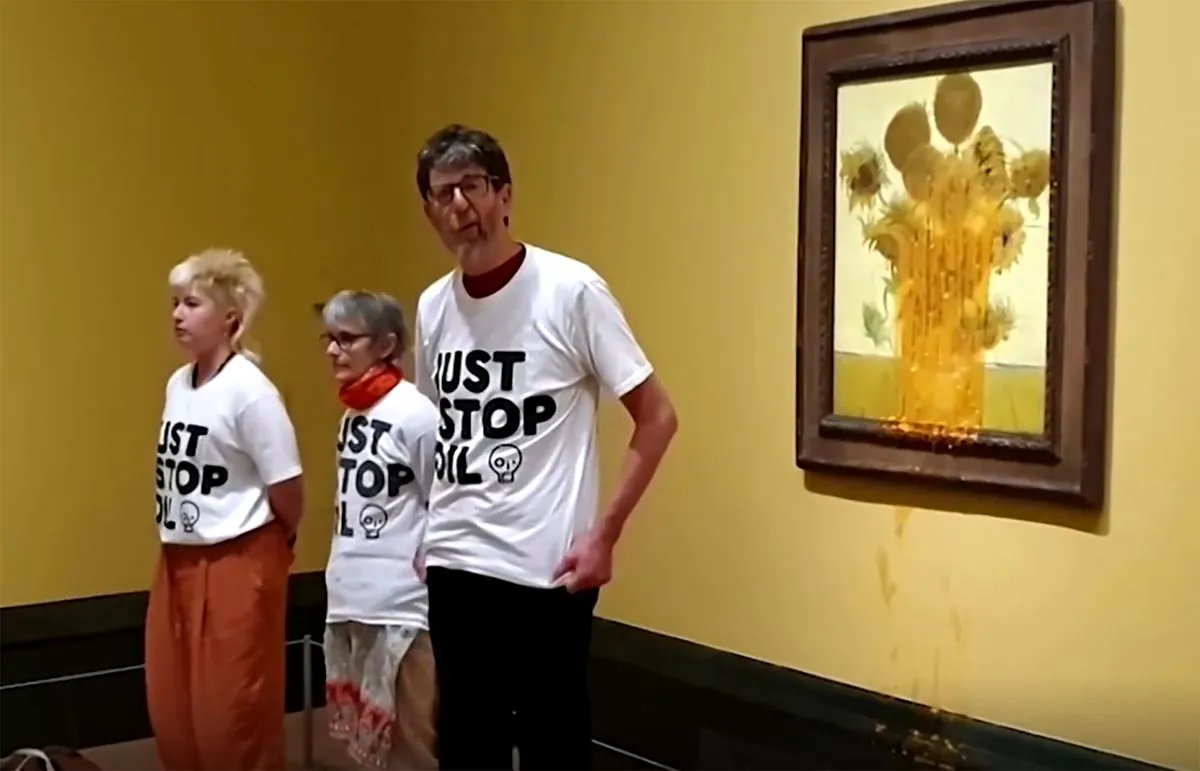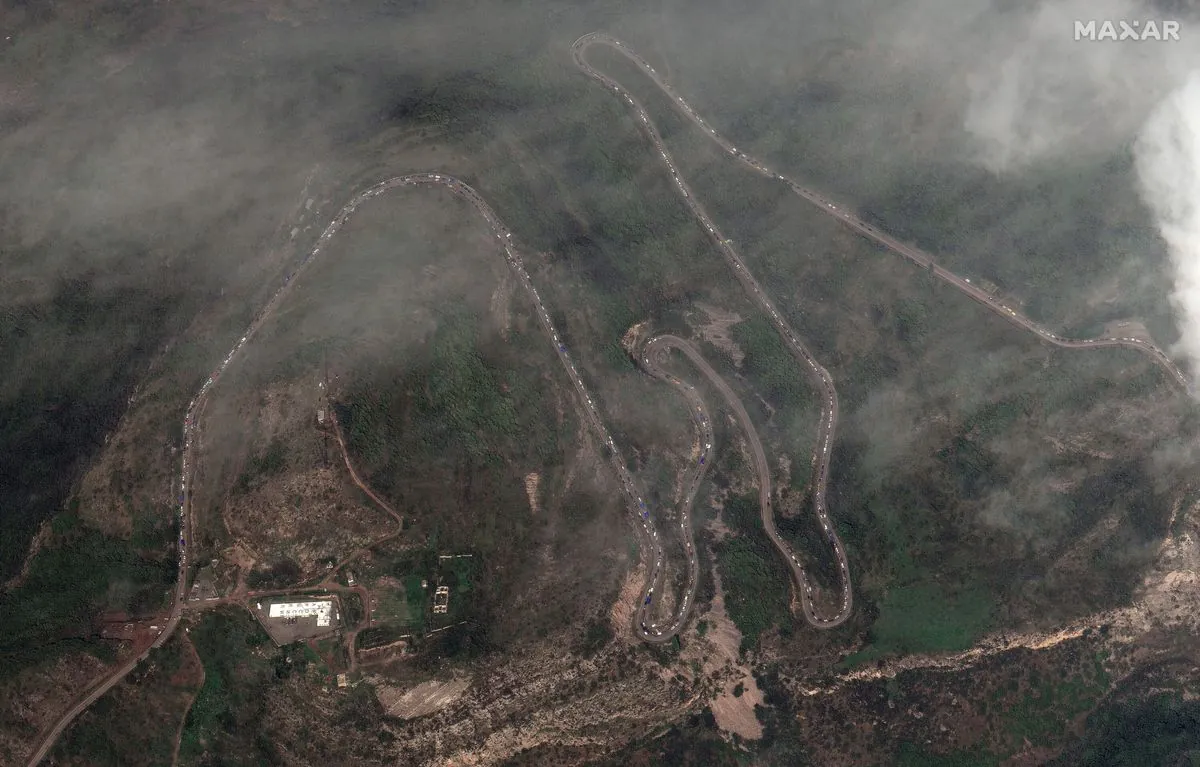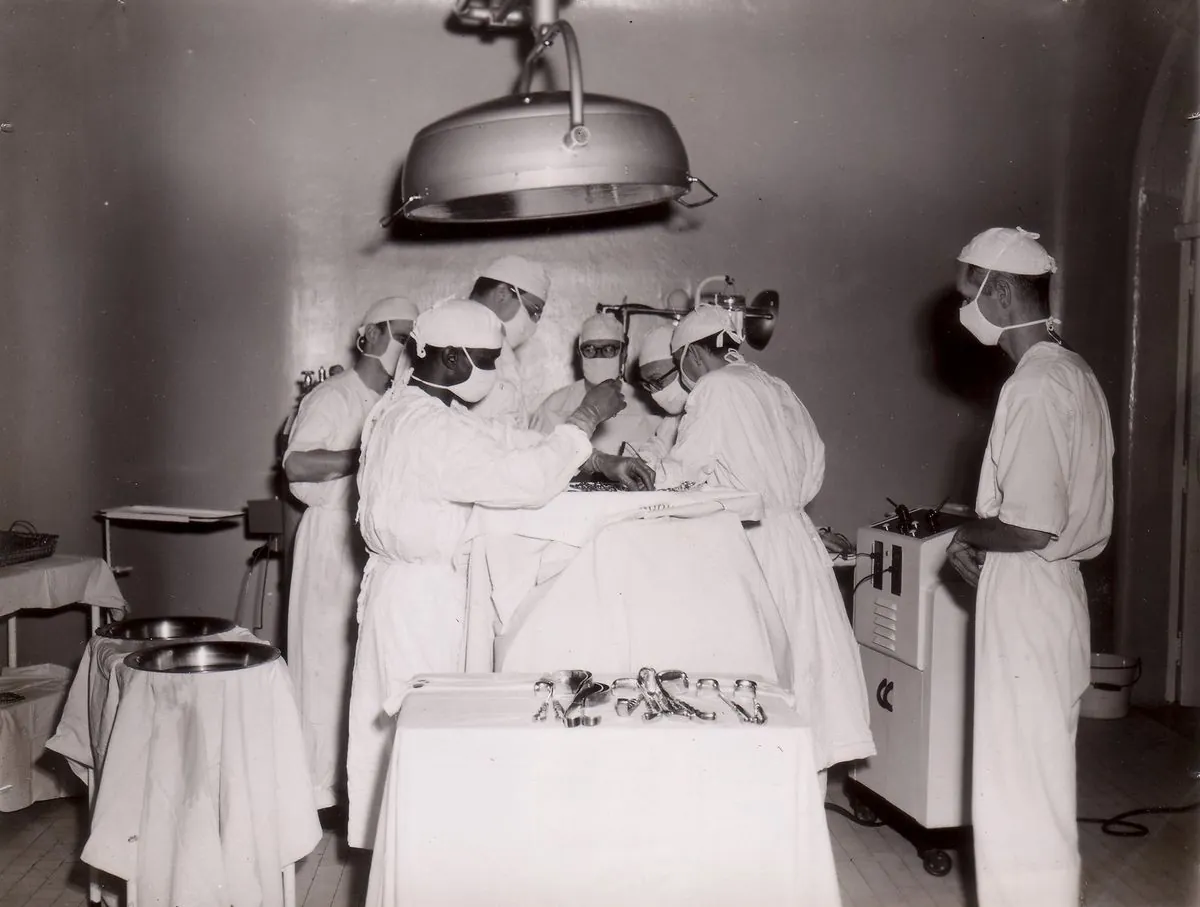Sniffer Dogs Thwart Channel-Bound Smuggling Operations
Two specially trained dogs have helped intercept over 120 small boats destined for Channel crossings. Their deployment at a key border point has dealt a significant blow to smuggling networks.
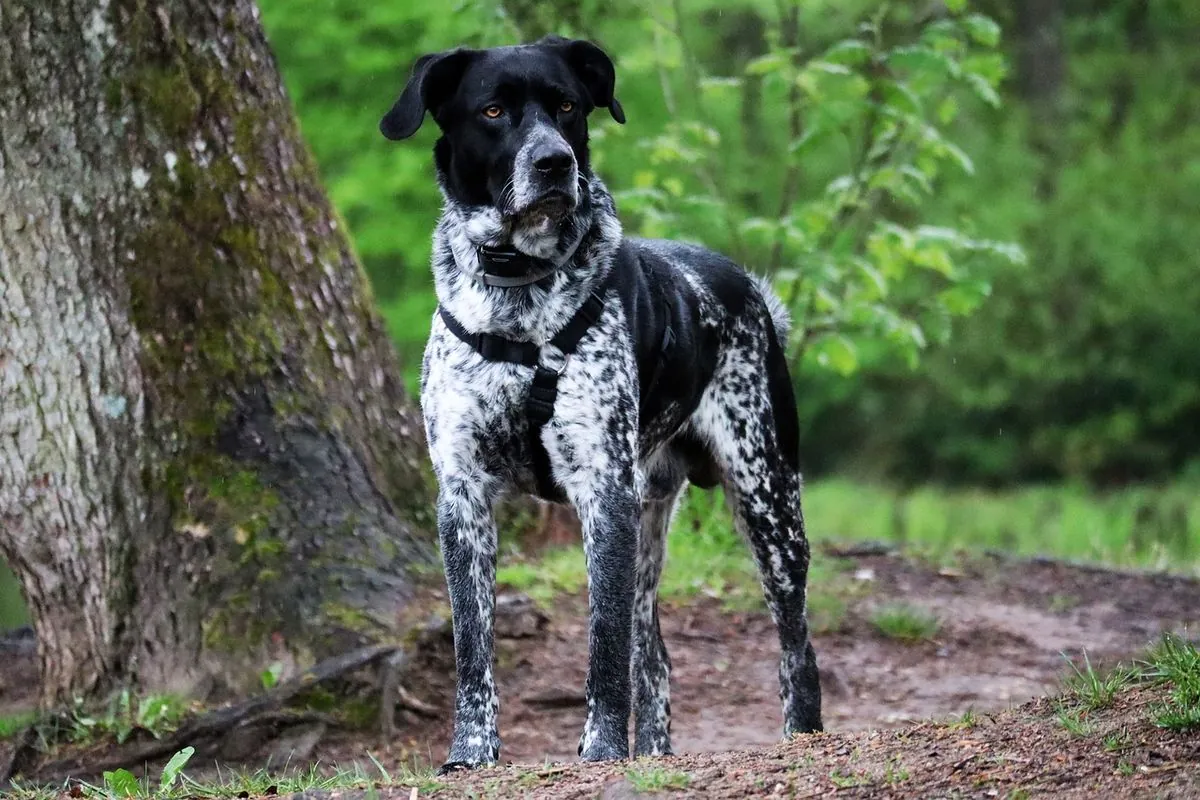
In a significant development in the fight against illegal Channel crossings, two German short-haired pointers named Anya and Adele have played a crucial role in intercepting more than 120 small boats bound for the English Channel. These specially trained sniffer dogs have been stationed at the Kapitan Andreevo border crossing, one of Europe's busiest land checkpoints, located between Bulgaria and Turkey.
The National Crime Agency (NCA) of the UK, in collaboration with Bulgarian authorities, has deployed these canines to detect the scent of dinghy rubber, a key component in the small boats used for illegal crossings. This innovative approach has resulted in 33 separate interceptions of maritime equipment destined for criminal gangs organizing Channel crossings.
The scale of the operation is substantial, with seizures including 125 inflatable boats, 128 outboard engines, over 700 pumps, and 300 rubber rings. NCA analysts estimate that these seizures have potentially denied criminal networks approximately £16.6 million in profits.

Dame Angela Eagle, the Border Security Minister, emphasized the dual impact of these operations: "By seizing the equipment used for dangerous and flimsy boats, we are also striking a major blow to the smugglers' operations and cutting off millions in profits."
The success of this operation highlights the importance of international cooperation in tackling organized crime and illegal migration. The partnership between the UK and Bulgaria, both NATO members, demonstrates a shared commitment to strengthening border security and disrupting smuggling networks.
The training process for Anya and Adele involved a unique approach. Chemists were commissioned to distill the chemicals from dinghy rubber, creating a specific scent profile for the dogs to detect. This "eau de small boats," as it has been jokingly dubbed by officers, is now one of the five scents these highly capable canines can identify.
Turkey has been identified as a key source of the boats used in these illegal crossings. The vessels are typically constructed in backstreet factories using materials and engines imported from China. They are then transported through Europe, often stored in Germany before being utilized by smuggling gangs operating in northern France.
The increased scrutiny on these operations has forced smugglers to adapt their tactics, attempting to conceal the boats in cargo holds of lorries. In response, Bulgaria has not only introduced new regulations allowing the seizure of unseaworthy boats but has also deployed advanced scanning technology alongside Anya and Adele.
Adrian Matthews, NCA Director of Intelligence, stated: "Taking this equipment out before it can reach them not only disrupts their activities and hits their profits, but it also prevents these lethal boats and under-powered engines being used at sea where lives are at risk."
The collaboration between the UK and Bulgaria extends beyond this specific operation. Georgi Gospodinov, head of customs at Kapitan Andreevo BCP, emphasized the importance of sharing best practices in efficiently tackling contraband and illegal human trafficking channels.
As the situation evolves, the use of innovative techniques like specially trained sniffer dogs and international cooperation will likely play an increasingly important role in addressing the complex challenges of cross-border smuggling and illegal migration.
"Smugglers continuously think of creative ways to transport people and contraband"
This ongoing effort reflects the broader challenges faced by European nations in managing migration and border security, particularly since the UK's departure from the European Union in 2020. The success of operations like this underscores the importance of continued collaboration in addressing these transnational issues.























